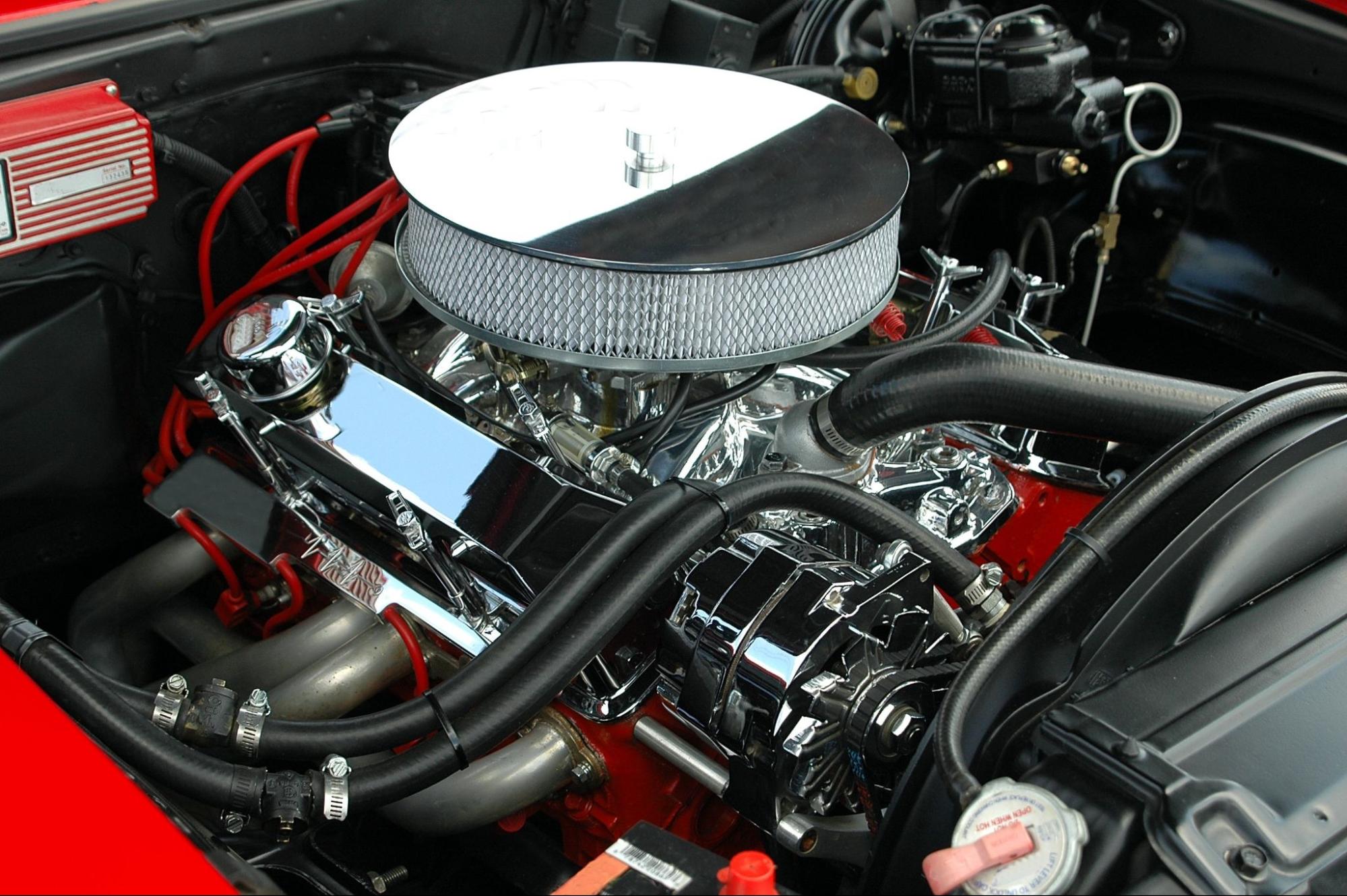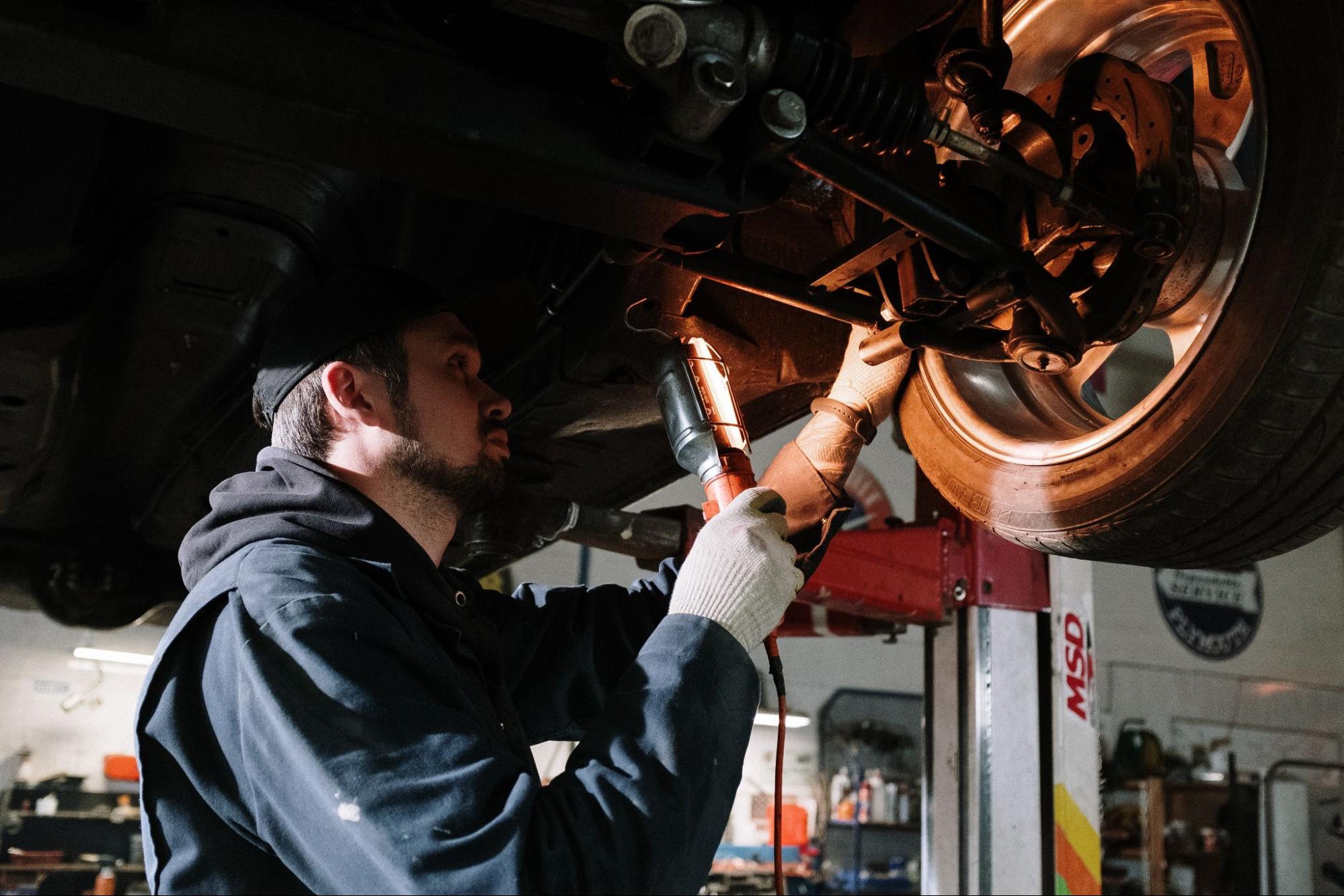Car Rust Repair Cost Estimate
If you’re like me, the well-being of your car is a major concern. No one likes to see their beloved vehicle succumbing to rust, that relentless enemy of metal. When the telltale orange-brown blemishes start appearing, it’s time for action. But what does this mean for your wallet? What’s the bottom line of car rust repair cost estimates?
Rust repair costs can vary greatly depending on several factors: the extent of the rust damage, the location of the vehicle, and the chosen repair method. It’s not unusual for these expenses to run into hundreds or even thousands of dollars – yikes! The good news? I’m here to shed some light on this potentially hefty expense.
The type of vehicle you own will directly impact your overall cost as well. For instance, luxury vehicles have pricier parts and labor rates than economy cars. Similarly, if you’ve got extensive rust damage in hard-to-reach areas (like underbody components), expect those costs to be higher too. Overall, knowing a ballpark figure ahead of time can make all the difference in how smoothly your car rust repair process goes.
Understanding Car Rust
I’m sure you’ve seen that reddish-brown flaky stuff that seems to sprout up on older vehicles like a bad rash. Yep, I’m talking about car rust. It’s more than just an eyesore—it’s a sign of deteriorating metal, and if left unchecked, it can cause serious damage to your vehicle.
Now, let’s get down to the nitty-gritty. What exactly is rust? In simplest terms, rust forms when iron or steel (the most common metals used in car manufacturing) reacts with oxygen and water. This reaction is known as oxidation.
It’s crucial to recognize that not all rust is created equal. There are three primary types: surface rust, scale rust, and penetrating rust:
- Surface Rust: This type is just what it sounds like—it affects only the top layer of your car’s metal.
- Scale Rust: It’s a little deeper into the structure of the metal compared to surface rust.
- Penetrating Rust: This one goes deep and compromises the structural integrity of your vehicle.
Understanding these types helps us clarify “The Bottom Line on Car Rust Repair Cost Estimate.” The cost varies greatly depending upon which type you’re dealing with—naturally, deeper penetration means higher repair costs.
The Impacts of Rust on Your Vehicle
Let’s get real; rust can be a real pain. It’s not just an eyesore that hampers your car’s appearance but also severely impacts the vehicle’s performance and safety. I’ve seen countless cars with potential, only to be dragged down by the relentless corrosion.
Rust can lead to structural damage in your car if left untreated. It typically starts from the surface and eats into your vehicle’s structure over time. This could compromise parts like the frame, leading to a weaker overall structure. Imagine driving around in a car whose skeletal system is slowly disintegrating—it’s not a pretty picture!
Another way rust harms your vehicle is by diminishing its resale value. Prospective buyers are always wary of cars plagued with rust issues—they’re well aware of its potential costs and hazards. So, if you’re hoping to sell off your ride someday, keeping it rust-free should top your maintenance list.
But there’s more. Rust can negatively affect some critical components of your vehicle, such as brake lines and exhaust systems—parts that ensure safe drives! We often overlook this aspect because these areas aren’t immediately visible unless we do an undercarriage check now and then.
Lastly, let me tell you about how rust affects repair costs—it skyrockets them! If you think regular maintenance seems expensive, wait till you deal with extensive rust-related repairs—the bottom line on car rust repair cost estimates will have you thinking twice about neglecting early signs of corrosion.
So what does all this boil down to? Well:
- Rust leads to structural damage.
- It reduces resale value significantly.
- Critical components like brake lines and exhaust systems may be compromised.
- Ignoring initial signs can result in costly repairs later on.
Remember: prevention is better than cure—or in this case, expensive repair!








































